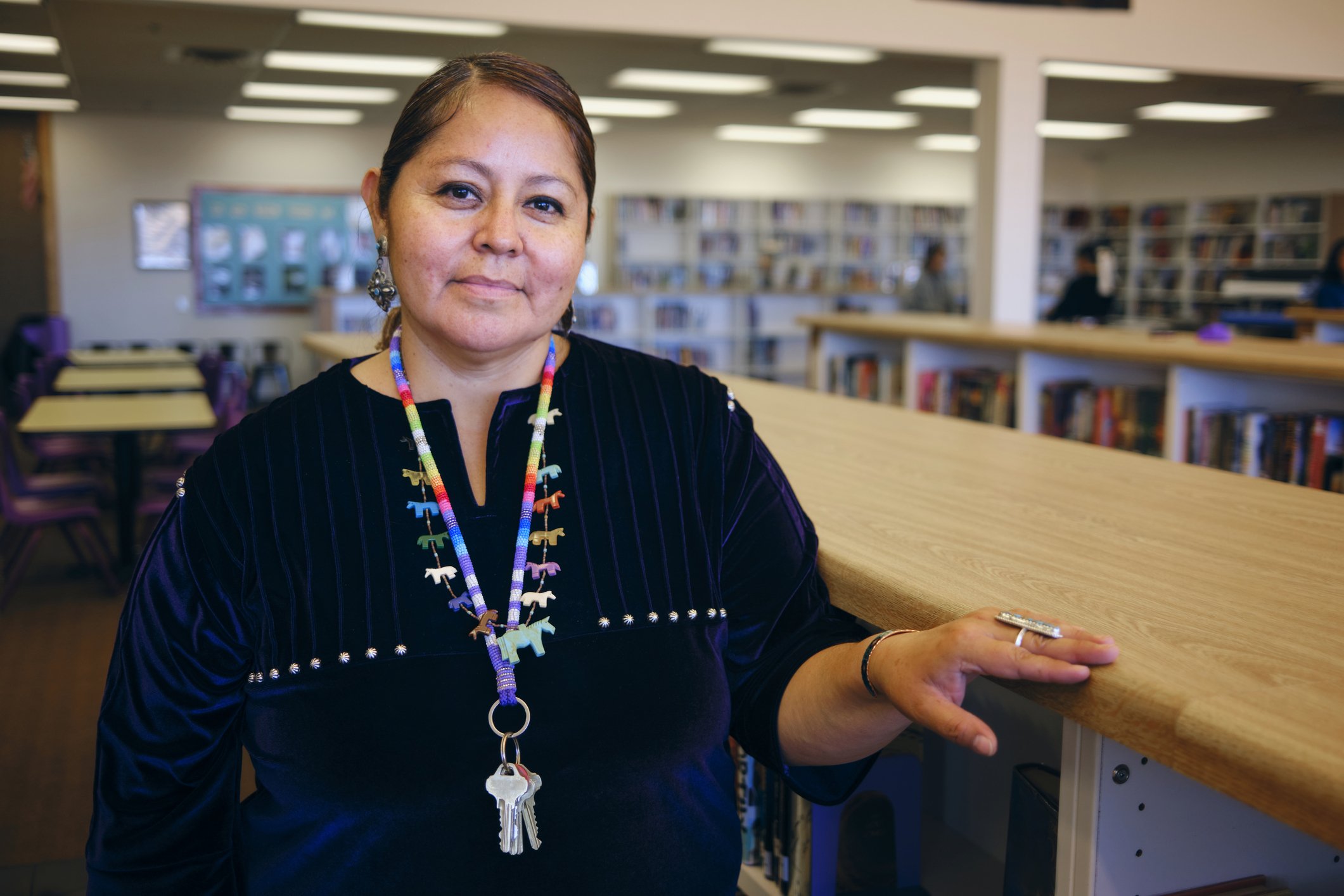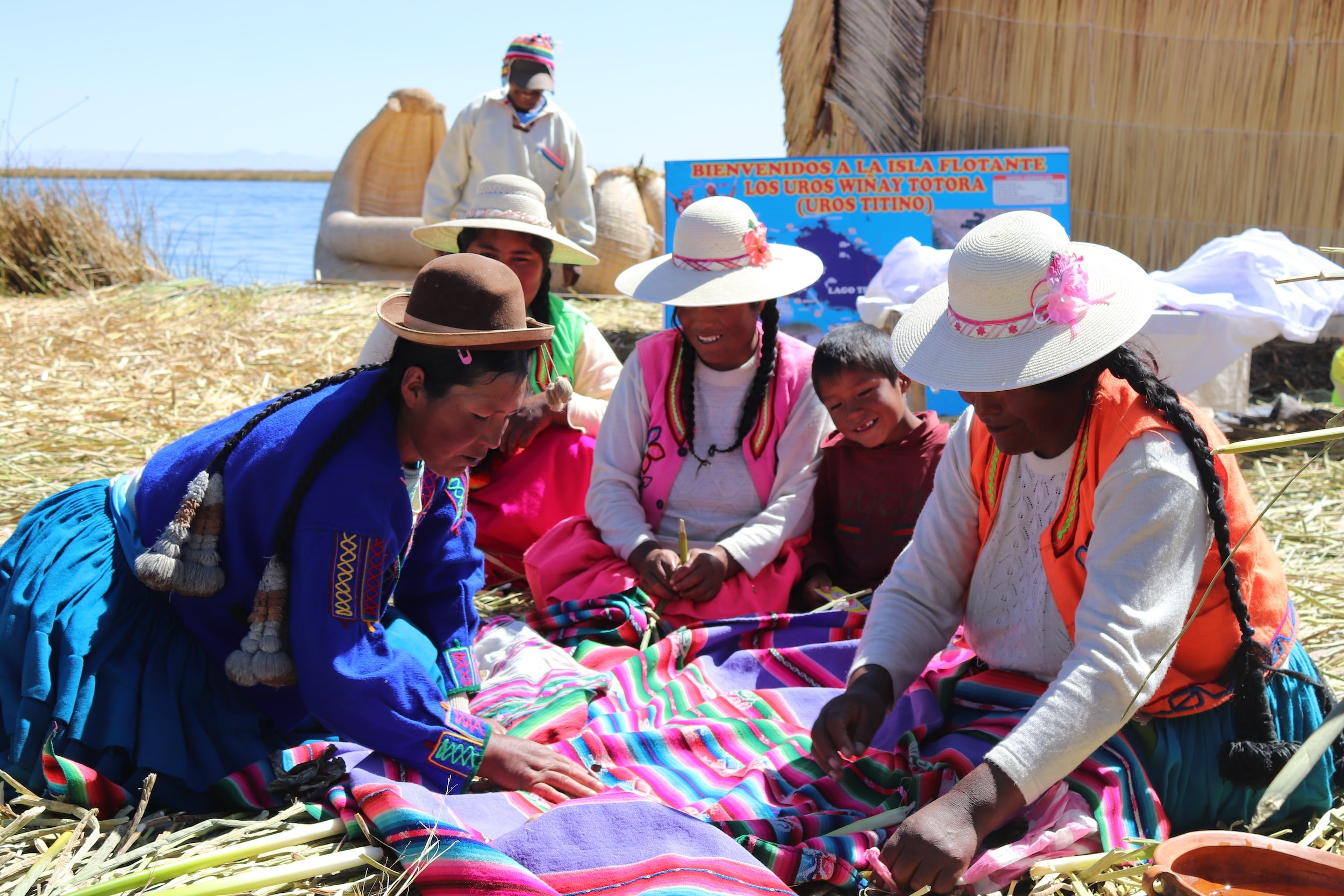Indigenist/Anti-Colonial Research
These articles from Sage Journals offer practical suggestions for researchers who want to conduct inquiries in and with Indigenous communities. Some articles are open access, others can be found in an academic library or on ResearchGate.
Fraser, T., & O’Neill, L. (2021). I Am Not Represented Here: Cultural Frameworks and Indigenous Methodology Primer for Postsecondary Settings. International Journal of Qualitative Methods, 20, 16094069211025444. https://doi.org/10.1177/16094069211025444
Abstract. The purpose of this article is to share approaches for Indigenous students who are novice researchers at post-secondary settings in finding space and culturally relevant ways of representing their worldview in research through Indigenous methodologies and cultural frameworks. While there may be some similarities between Indigenous methodologies and Western qualitative research approaches, there are obvious cultural differences. This article presents an example of an Indigenous Māori centered approach and examples of Aboriginal approaches using Indigenous research methodology through cultural frameworks that may have relevance to both Indigenous students and non-Indigenous allies who support them on their research journey.
Sumida Huaman, E., & Mataira, P. (2019). Beyond community engagement: centering research through Indigenous epistemologies and peoplehood. AlterNative: An International Journal of Indigenous Peoples, 15(3), 281–286. https://doi.org/10.1177/1177180119871705
Abstract. “Beyond community engagement” was published in the SAGE Journal, AlterNative. This interdisciplinary scholarly journal was founded by Ngā Pae o te Māramatanga, New Zealand’s Māori Centre of Research Excellence. It publishes research on Indigenous worldviews and experiences of decolonization from Indigenous perspectives from around the world, and thinking and practice in Indigenous scholarship. It is accessed by subscription to the Sage journals database, and includes some open-access articles.
Sumida Huaman & Mataira (2019) compared and contrasted action research and other participatory methods with Indigenous methodologies.
Essential questions for community-engaged scholars and researchers looking toward Indigenous research will then include the following—first, are communities the drivers in transparent research approaches that are transformative and beyond democratic—for example, Indigenous thought-based? Second, scholars must be prepared to answer what they have and will “put back” into the community and for how long. Furthermore, community-engaged scholarship cannot “pick and choose” which elements of Indigenous research fit with pre-existing institutionally based or individual scholar agendas, study scopes, feasibility, or budgets, which is why starting from Indigenous research is a more comprehensive vantage point.
(Sumida Huaman & Mataira, 2019, p. 282)
To really make a difference in the ways we think about Indigenous research, the authors suggest that it will be essential to reconceptualize ethics, research relationships, and researcher integrity.
Hart, M. A., Straka, S., & Rowe, G. (2017). Working Across Contexts: Practical Considerations of Doing Indigenist/Anti-Colonial Research. Qualitative Inquiry, 23(5), 332–342.
Abstract. Although Indigenous scholars have been documenting Indigenous research methodologies, little has been written on the practical considerations of doing research across Indigenous/Settler contexts. As a small social work research team (two Cree researchers and one Settler) exploring Indigenous aging, our work crossed several contexts: academic and community, social locations within the team, and epistemes. Centering the research on an Indigenist, anti-colonial framework allowed us to highlight and correct for colonial power dynamics throughout the project. By enacting Indigenism together, we found that Indigenous and Settler researchers can create a space of deep learning and knowledge co-creation with communities. However, this work was challenging, risky, and at times difficult. Learning to navigate some of these complexities required ongoing attention to our relational accountabilities. We detail lessons learned from each of our perspectives, concluding with implications, community obligations, and directions for future research.
Lavallée, L. F. (2009). Practical Application of an Indigenous Research Framework and Two Qualitative Indigenous Research Methods: Sharing Circles and Anishnaabe Symbol-Based Reflection. International Journal of Qualitative Methods, 8(1), 21-40. https://doi.org/10.1177/160940690900800103
Abstract. Increasingly research involving Indigenous people is being undertaken by Indigenous researchers, who bring forward worldviews that shape the approach of the research, the theoretical and conceptual frameworks, and the epistemology, methodology, and ethics. Many times such research bridges Western practices and Indigenous knowledges; however, bringing together these two worldviews can also present challenges. In this paper the author explores the challenges and lessons learned in the practical application of an Indigenous research framework and qualitative inquiry. Two qualitative Indigenous research methods, sharing circles and Anishnaabe symbol-based reflection, will be discussed.
Quinn, A. L. (2022). Bridging Indigenous and Western Methods in Social Science Research. International Journal of Qualitative Methods, 21, 16094069221080301. https://doi.org/10.1177/16094069221080301
Abstract. This paper presents a method for how grounded theory can be used to bridge Western and Indigenous approaches to research, and how these epistemologies may complement each other. The objective in presenting this method is to contribute to the ongoing conversation on how best to integrate these two frameworks. As historically in social science research western methodologies have been preferred over Indigenous methodologies, this integration serves both to further reconciliation and to enhance methodological rigour.























Read this collection of multidisciplinary articles to explore epistemological questions in Indigenous research.